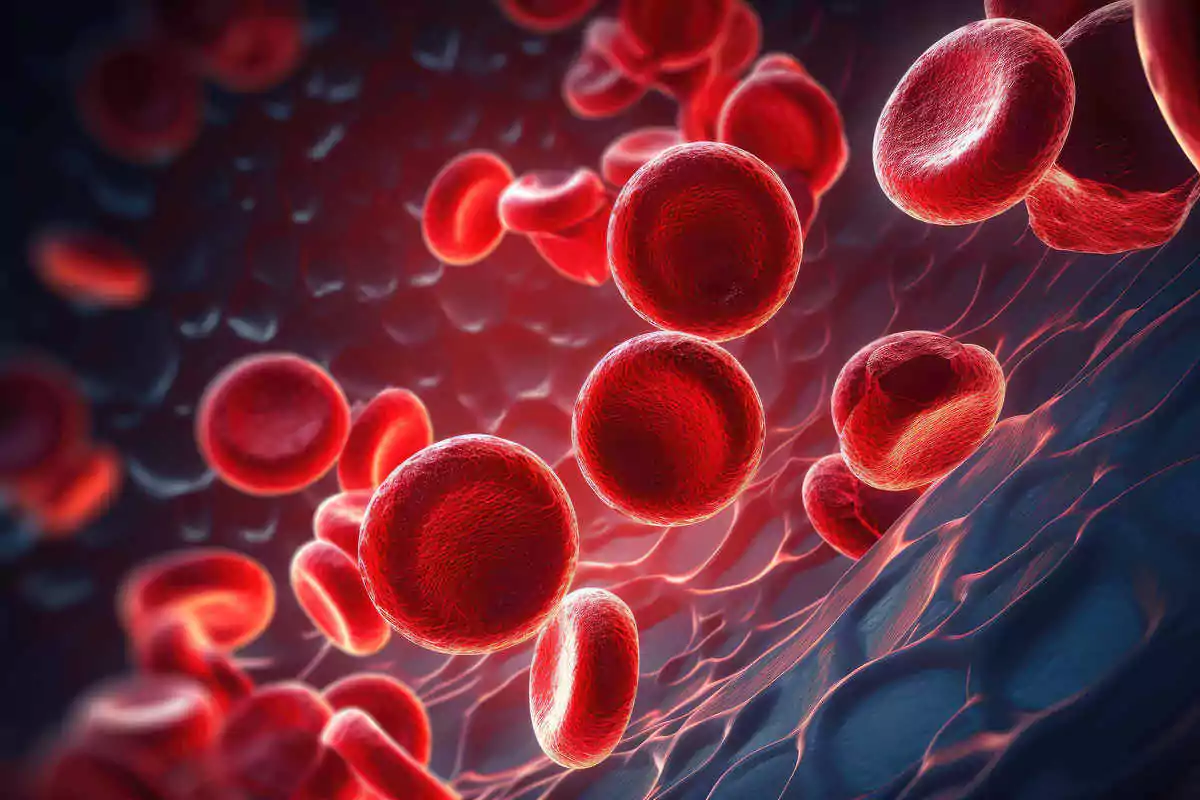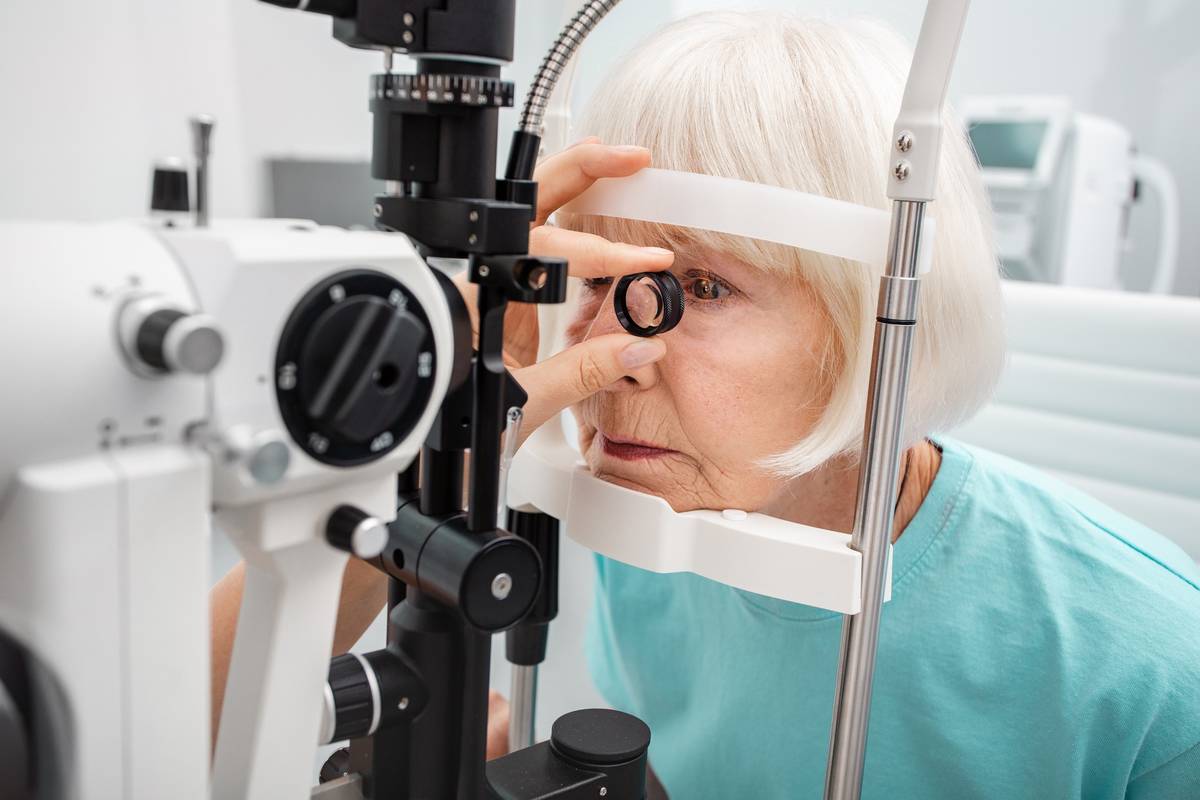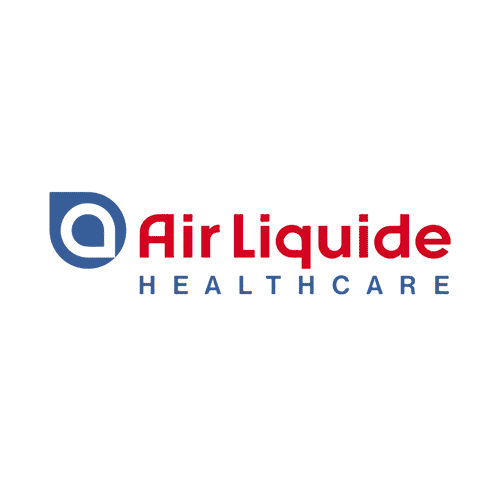
Regenerative medicine

Develop new regenerative biotherapeutics and optimize your innovation potential in the healthcare market
Stemming from a long experience in healthcare, Alcimed has been exploring the regenerative medicine market across a variety of projects on stem cells and tissue engineering, assisting clients in maximizing the potential of regenerative biotherapeutics, while researching the market and seizing its potential.
They trust us


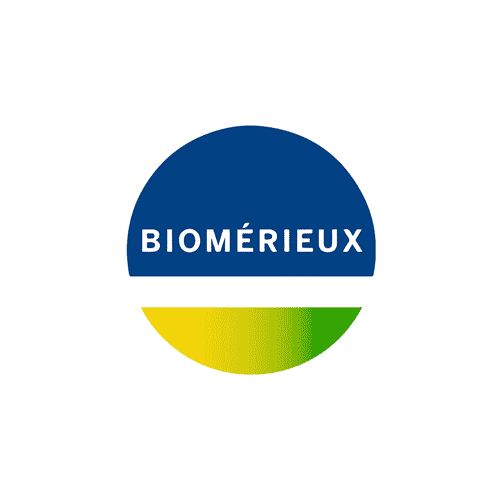


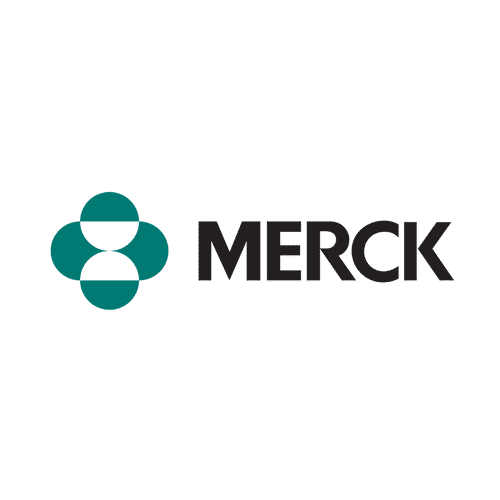

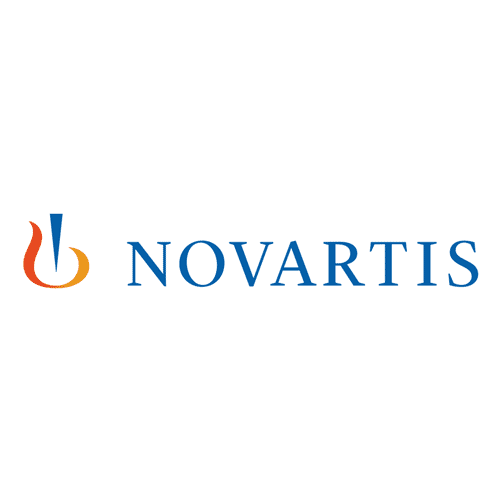

The challenges related to regenerative medicine
The regenerative medicine industry is rapidly evolving, presenting a range of possible issues that require consideration. To overcome these obstacles, companies are required more and more to sharpen their regenerative biotherapeutics strategy, via innovation and a deep understanding of the market. New innovative approaches ought to consider the challenges associated with using embryonic stem cells, engineered tissue, cell therapy, bone marrow, in research projects, and in clinical trials.
Key challenges that need to be addressed include ensuring the safety and efficacy, overcoming immune rejection of transplanted cells and developing scalable manufacturing processes for therapy production. Furthermore, controlling stem cell differentiation and integration into target organs, addressing ethical and regulatory issues around human stem cell use and genetic modification, and ensuring access to a regenerative therapy and treatment reimbursement remain key priorities for healthcare companies.
Alcimed’s team of explorers has been delving deeper into these challenges, examining their development and meaning for the industry.
Guaranteeing the safety and efficacy of regenerative biotherapies, such as stem cells and tissue engineering, is challenging because they often involve complex biological systems and processes that are not yet fully understood. Furthermore, they may involve the use of living cells, which can have unpredictable responses in the body, and whose long-term effects are difficult to predict or measure. Third, there is a lack of standardized clinical protocols and regulatory, and given the costs of clinical trials, it can be difficult to gather sufficient data to assess their safety and efficacy.
How to ensure safety of these therapeutics? What kinds of risks are associated and how to manage such risks?
The immune system is designed to recognize and attack foreign cells or organs that it perceives as a threat, including transplanted cells. If a threat is perceived, the body may reject transplanted cells, even if they are derived from the patient’s own body (autologous transplantation). Additionally, an embryonic stem cell or engineered tissue may be modified or manipulated in ways that make them more likely to be recognized as foreign by the immune system.
What kinds of clinical data exist today that measure rejection of transplanted cells? What is the state-of-the-art on the immune rejection of transplanted issues?
Regenerative biotherapeutics often involve living cells requiring specialized growth conditions and handling procedures, which can be difficult to reproduce on a large scale. For instance, a cell or tissue used in these treatments may be highly sensitive to changes in their environment, and it may be very difficult to scale up production while maintaining compliance with regulatory requirements. In this sense, real-time monitoring may be challenging, as requires the development of sensors and monitoring systems that can provide accurate and reliable data in time. Regenerative therapies, like stem cells and tissue engineering, are linked to unsteady supply-chains, where the costs of raw materials and time-sensitive logistic requirements complexify procurement tasks. Moreover, the absence of homogeneous control measures for the production of regenerative therapies can lead to inconsistencies in quality.
How to develop an appropriate protocol for scalable production of regenerative biotherapies? To what extent will the energy and raw materials crisis impact them? How to ensure consistent quality in the manufacturing of these therapeutics?
Whenever integrating embryonic stem cells into target tissues it is challenging to control the differentiation and integration of the cells. While, embryonic stem cells have the ability to differentiate into multiple cell types, it can be difficult to recreate the complex signals and interactions that occur in the native tissue. Furthermore, the behaviour of embryonic stem cells can be influenced by factors such as age, disease status, and genetic background, making it difficult to predict their behaviour in different individuals or diseases contexts. Researchers have progressively highlighted the a need for non-invasive methods to track the fate and behaviour of transplanted embryonic stem cells over time.
What is the scientific state-of-the art with respect to differentiation and integration of stem-cells into target tissues? How will non-invasive methods shape regenerative therapies?
The clinic use of human cells has been raising several ethical concerns related to safety, equity, and unintended consequences of these ground-breaking innovations. Over the past few years, the need for clear regulatory frameworks has become pivotal, to ensure the safety and efficacy of regenerative medicine, while balancing the necessity for research. The global nature of regenerative medicine research and development can make it challenging to harmonize ethical and regulatory standards across different jurisdictions and cultural contexts and there is a need for a joint effort to overcome this important aspect of healthcare innovation.
How to engage different stakeholders, including patients, researchers, policymakers and industry, in the regulation of stem-cells? What are the current and future main roadblocks to the regulation of these therapeutics?
Regenerative medicine therapies are often expensive, and the cost can be a barrier to access for many patients. Additionally, there may be a limited number of centers that offer these therapies, which can make it difficult for patients to access treatment. Finally, in countries where insurance plans do not cover regenerative medicine therapies, access to such treatments is even more limited for patients. Addressing these challenges will be essential to ensure that patients have equitable access to the benefits of regenerative medicine.
How to facilitate the access to regenerative treatments? What key factors will play a role in the reimbursement?
How we support you in your projects related to regenerative medicine
Alcimed has been supporting different clients on projects related to stem-cells, tissue engineering and regenerative medicine, from research to clinical stages, and from science to marketing.
Thanks to our wide range of clients including pharmas, biotechs, research centers, professional associations, national and European institutions, as well as our exploration of various geographical fields and project types, we have gained a comprehensive and global understanding of the issues surrounding regenerative medicine.
Our projects encompass a wide variety of topics within regenerative medicine, including new technologies and therapeutic approaches, fundraising, preparing for the launch of innovative products, understanding local needs in terms of healthcare and patient care pathways. Our explorations have helped clients assessing market and licensing opportunities, addressing market access, understanding pricing and reimbursement pathways and monitoring regulatory developments. Alcimed team has also provided operational assistance such as optimizing patient care pathways and identifying patients in need.
Examples of recent projects carried out for our clients in regenerative medicine
Conducting a market study for the osteoarthritis therapeutics market in Europe
In this project, our team conducted an in-depth exploration of the European osteoarthritis therapeutics market, to help a leading pharmaceutical player’s offer and positioning with their new regenerative medicine technique.
The investigation entailed the study of the competition, the available products and their prices, and the main treatments under development. Identification of direct and indirect competitors helped understand the opportunities and risks in the osteoarthritis therapeutics market, while being aware of key trends in the market.
Through the support of a tailored methodology, the project allowed to facilitate the product positioning within the market and the key market figures collected helped our client build a business plan and embark new investors in their project.
Creating a pitch report for investors on a project about regenerative medicine
Alcimed accompanied a healthcare stakeholder in building a set of solid arguments to convince investors involved in regenerative medicine, more specifically in organs’ transplants.
To do so, the Alcimed team engaged in the identification of the needs in terms of number of transplanted organs and organ requirements. While checking competing technologies, and players competing for the same technologies. The project provided an in-depth analysis of the associated risk factors, from both an ethical and regulatory perspective.
Results provided a strong case for investors, by providing information on the existing competition level, market potential and risks.
Deciphering the regulatory panorama for induced pluripotent stem cells
In order to stengthen their long-term strategy, Alcimed has accompanied a research institute in understanding the potential of Induced Pluripotent Stemcells Cells (IPSC) across geographies.
The project consisted in the analysis of the healthcare needs linked to IPSC, in terms of organ donation shortages, as well as the evaluation of the country-specific legal and ethical constraints in the research and development activities around IPSC.
The project led to an understanding of the larger regulatory panorama of IPSC R&D within selected geographies, allowing to gain clarity on the key requirements in this area of research.
Assessing the opportunity of a cellular therapy product
In this project, our client, a leading healthcare player, required help in evaluating the business potential of a cellular therapy product for cartilage regeneration in a EU-country.
This involved analysing the current patient management practices, assessing the product’s level of acceptance among orthopedic surgeons, estimating the market size, and overcoming previous challenges in market estimation.
Ultimately, Alcimed’s work allowed to determine the business opportunity of the product, serving as a critical decision-making and negotiation tool for establishing a distribution partnership.
Identification and evaluation of the most innovative technologies within the field of stem cells for a pharmaceutical company
Our team worked with a pharmaceutical client to identify start-ups in the field of stem cells to partner with them for further development.
To do so, we analyzed the global field of endogenous and autologous stem cell therapy and identified key emerging technologies. First, we carried out an in-depth analysis of the clinical trials and patents landscape for both fields of stem cell therapies. Then, we refined focus areas and identified current trends of innovative technologies through a literature analysis and a monitoring of social media (Medtrack, Espacenet, ClinicalTrials.gov, Scopus, Pubmed, Twitter).
We therefore analyzed the current trends in the field of endogenous and autologous stem cells, identified current technologies and relevant companies in both fields and reviewed the most promising ones for a partnership with our client.
You have a project?
To go further
Healthcare
Oral delivery of biologics: what developments for the next few years?
Although in development, biologics are limited by oral administration. So what are the solutions? Here's a closer look at future developments.
Healthcare
Tissue engineering, a revolution for many applications
Technical advances in tissue engineering Tissue engineering is based on two elements: the matrix, the structure on which the tissue architecture must be organized, and the stem cells, which can be ...
Healthcare
3 major advances that might lay the foundations for a new glaucoma treatment
What are the current standards for glaucoma care? Glaucoma is the leading cause of permanent blindness worldwide. We are talking about an heterogenous group of chronically progressive disorders that ...
Founded in 1993, Alcimed is an innovation and new business consulting firm, specializing in innovation driven sectors: life sciences (healthcare, biotech, agrifood), energy, environment, mobility, chemicals, materials, cosmetics, aeronautics, space and defence.
Our purpose? Helping both private and public decision-makers explore and develop their uncharted territories: new technologies, new offers, new geographies, possible futures, and new ways to innovate.
Located across eight offices around the world (France, Europe, Singapore and the United States), our team is made up of 220 highly-qualified, multicultural and passionate explorers, with a blended science/technology and business culture.
Our dream? To build a team of 1,000 explorers, to design tomorrow’s world hand in hand with our clients.
In regenerative medicine, damaged and diseased tissues are replaced using advanced techniques such as stem cells, gene therapy, and tissue engineering to restore normal function. This field is ground-breaking as it allows for important therapeutic applications.
Regenerative biotherapeutics use biological molecules to stimulate the body’s natural healing processes and promote tissue regeneration. They not only enhance the effectiveness of cell-based therapies, but they also support tissue engineering approaches.
The field of regenerative medicine can be defined as “an emerging field aiming to repair, replace or regenerate damaged tissue or organ using cells, tissues, or genetic material.”
The global regenerative medicine market size was valued at USD 28.62 billion in 2022. Among this value, North America accounted for USD 12.77 billion in 2022. The global size has been projected to grow from USD 34.56 billion in 2023 to USD 197.08 billion by 2030.
The market is particularly driven by technological advancements in gene therapy, but also blood cancers, rare diseases’ treatments, and the increasing demand for personalized medicine.

